Do you have any idea what your farm is really worth? A farm is a business and its assets can be much more than just the land and buildings. Maybe it is because I am a business and intellectual property attorney and have been raised on the notion of intangible assets making up the majority of a business’ value, but I find the myopic focus on the price of the dirt a bit annoying and degrading to farm entrepreneurs.
One of the lessons of modern business management is that value is all in the way that you use it. Land alone is just dirt. It is the creativity, know-how, stewardship, and hard work of the farmer that actually coaxes value from the land. And like any business, the farmer’s team, relationships, and reputation among suppliers and buyers bring a lot of value. When you starting talking about a landscape of value-added products, higher-value niches (organic, heirloom, specialty, etc.), and more direct business models like CSAs, co-ops, farm stands, and farmers’ markets, there is a whole lot more going on than just raising commodity products with decent yields.
There are a lot of overlooked assets when you are talking about farm value and it matters a lot when you are buying, selling, or even just keeping it in the family as part of an agricultural estate.
Land & Buildings
Of course, land and building still matter. But chances are you already have a decent handle on those. There are issues like development rights, agricultural or preservation easements, and mineral rights that might not be as obvious and deserve some thought.
Equipment, Supplies & Inventory
These can change a lot over time, particularly when you are talking about crops in the field, animals in various stages of development, and stores that are ready for use or sale. But when it comes to transferring a business. It is important to have a clear sense of what you have and how the value may change depending on when the transfer occurs. Even the change of a few months, from growing season to after harvest, can represent a big change in value. Tracking this stuff also gives a good sense of cash flow and the present business value, at least as far as commodity products are concerned.
Ownership Interests
While some farms are sole proprietorships, not all are. Make sure you know who owns what. In farms that have been through multiple generations, it is entirely possible to have family members with ownership interests who haven’t had any direct dealings with the farm in some time (but will show up if money from a sale suddenly appears). Similarly, farmers may participate in cooperatives or other joint ventures and have membership or ownership interests in those entities to be considered. I actually encourage farmers to embody their value-added businesses in separate legal entities to help assist in their management, valuation, and transfer, so you can have a single farm property with a number of business entities operating on it.
Trademarks & Marketing Assets
In this day and age, many farms are building their own brands for direct sale to consumers and other business models. They have unique farm names, logos, and websites that all embody intellectual property rights. These are assets with their own value and rules for transfer. If they are ignored, they can easily be lost or stolen.
Contracts & Relationships
Business is about relationships and farms are no different. Having strong supplier, distributor, or retailer relationships can be critical to the ongoing business value of a farm. And yet, people often don’t consider how much those relationships are personal to the existing owner. It is possible for some aspects of these relationships to be embodied in contracts and made part of a sale. But it takes foresight and diligence to make that happen. More often those relationships are lost and the new owners are forced to rebuild the business network from the ground up.
Know-How
This has started to receive more attention as the average American farmer has aged and many farms lack an interested next generation that has learned the ins and outs of a particular farm. When the old farmer retires or dies, that knowledge is lost forever and many experts are panicked about what that means for the future of American farming. This includes general knowledge of good farming practices, specific knowledge about that farm’s land and resources, and the management skills to make a complex farm operation actually work.
In many cases, there may be a farm manager or hired hand who has that know-how, but without a good plan for retaining that person’s assistance, that can be lost just as easily. Some know-how can be documented if the farmer is willing to take the time to do so, but more often this comes down to people and having someone ready and able to learn (or stick around) as part of the transfer.
Cash, Equity & Insurance
Sometimes a frugal farmer will have cash or other investments that they have managed to save towards retirement or gained through real estate deals or speculation on other businesses. Or they may carry life insurance. It is also possible to use equity in the land and other business assets as collateral for loans or even the basis of equity financing (particularly for a value-added business related to the farm).
The availability of these resources increase the options and flexibility for structuring any transfer, whether it be sale to a young farmer (who lacks money for a straight purchase transaction), transfer within a family, or more ambitious plans for the farm’s future. The bottom line is that you need to know what you have to know your options. And once you start looking, it may turn out that you have a lot. Check out my prior post on protecting farm names with trademark.
I wrote this blog post for FarmshedCNY. If you’re in the Central NY area and looking to try out some of the local foods, FarmshedCNY is a great resource to the different local food, consumer farms, farmers markets, specialty food shops and restaurant and retailers offering local goods.
[/fusion_builder_column][/fusion_builder_row][/fusion_builder_container]


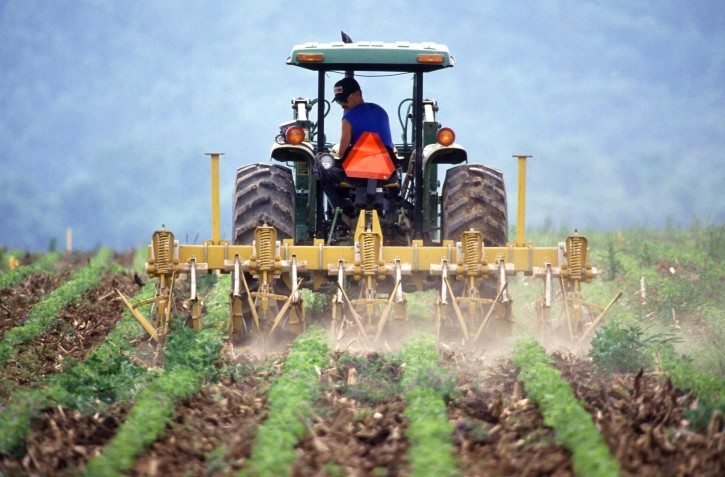

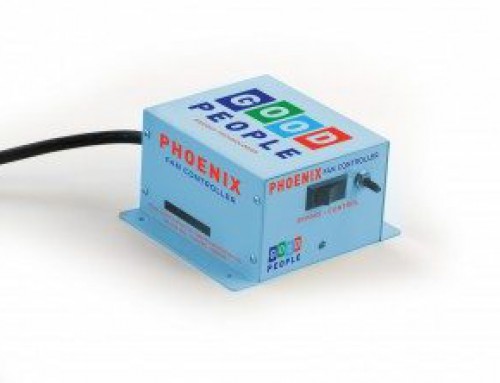
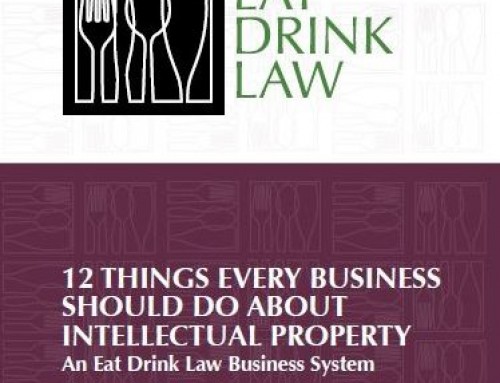
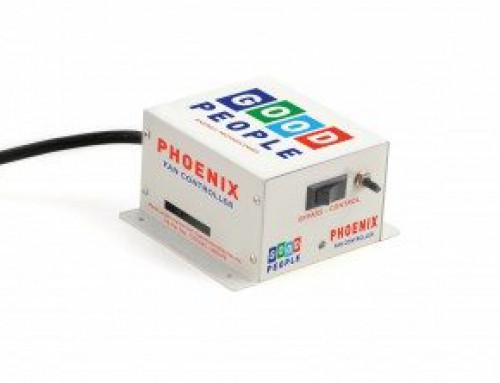
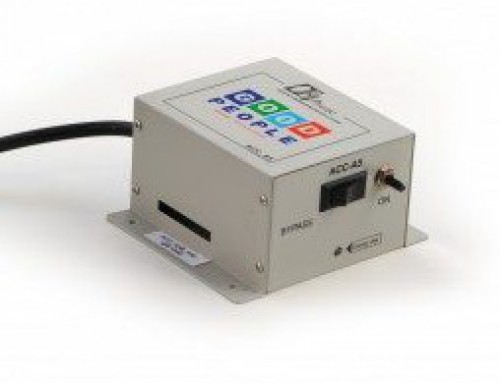
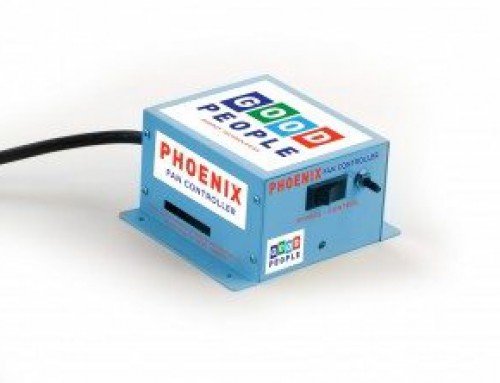
Leave A Comment